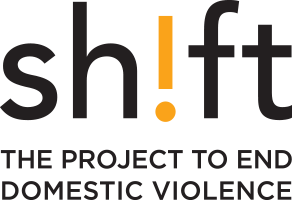Authors: Wells, Lana; Dozois, Elizabeth; Exner-Cortens, Deinera; Cooper, Merrill; Esina, Elena; Froese, Ken; Boutillier, Sophia
Date:December-2015
Shift believes that working with men and boys can have a positive, transformative impact, not only on the lives of women and girls, but also on the lives of men and boys. As a result, we have been working over the past five years to advance this area of research, and in 2014 partnered with the Family and Community Safety Branch within the Ministry of Human Services-Government of Alberta (GOA) to build the first comprehensive government plan to engage men and boys in violence prevention. (This was undertaken as part of the GOA’s Family Violence Prevention Framework). Our research team (Lana Wells, Elizabeth Dozois, Deinera Exner-Cortens, Merrill Cooper, Sophia Boutillier, Elena Esina, and Ken Froese) conducted a literature review, consulted with leaders throughout Alberta and completed a provincial e-scan to understand both the evidence and current efforts in Alberta to advance a primary prevention approach with men and boys. From this, we identified specific recommendations to inform the Government of Alberta on an Action Plan to engage men and boys in violence prevention to advance gender equality and stop violence against women. These recommendations were compiled in the following report that was submitted to the Family and Community Safety Branch within Human Services in December 2015. The report has been reviewed by cross-ministry partners to explore opportunities to advance the findings. Follow the download link below to access a full report.
In 2022, Shift published a report titled “Building a movement of men and boys committed to violence prevention and gender equality in Alberta: Informing the Alberta primary prevention framework collaborative”. This report informs Alberta’s next and exciting chapter of expanding work with men and boys to end violence and advance gender equality.


